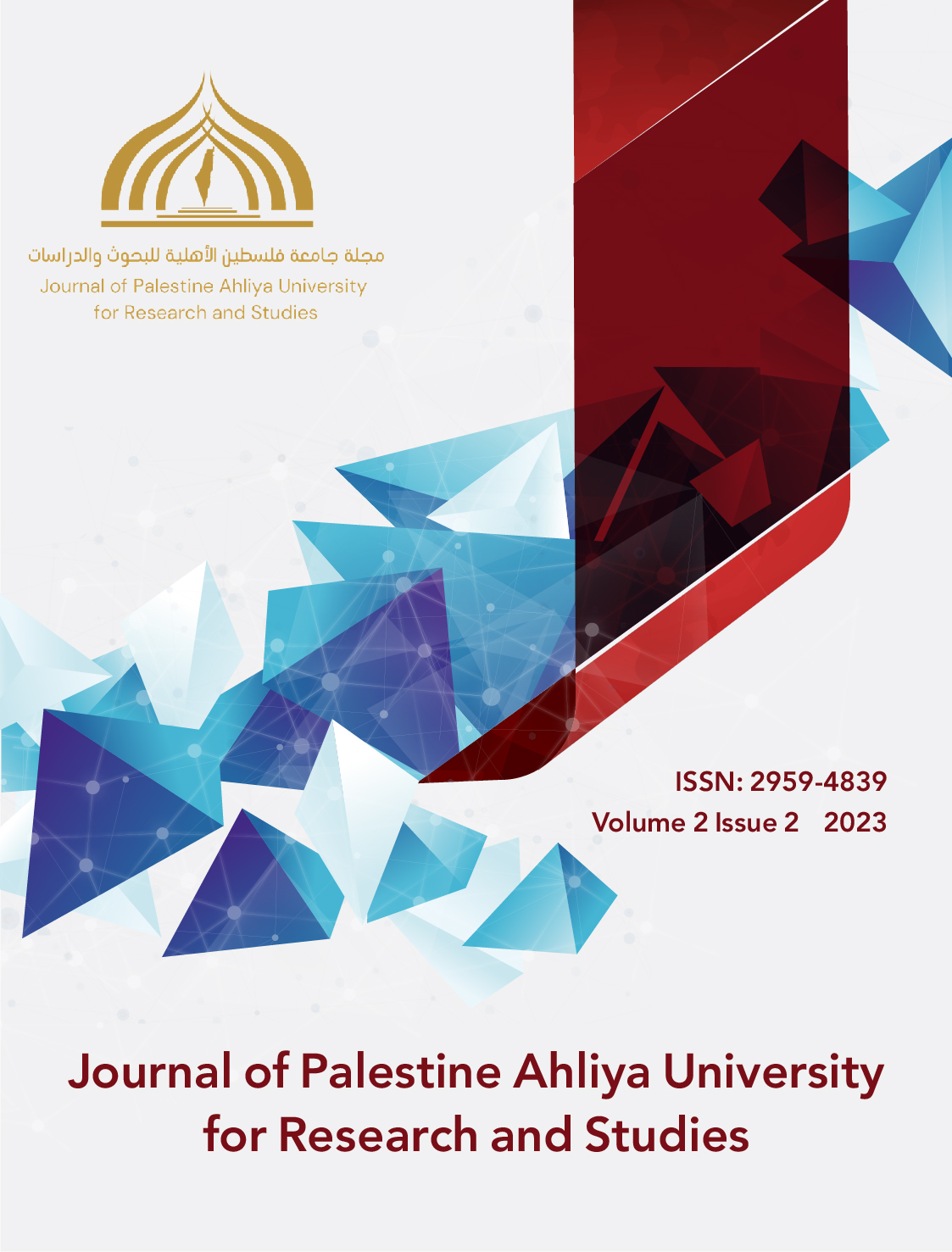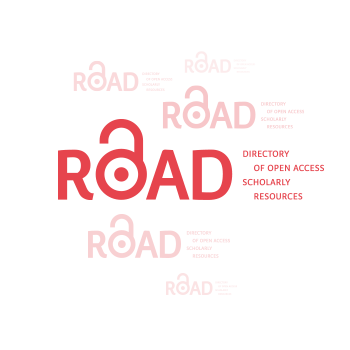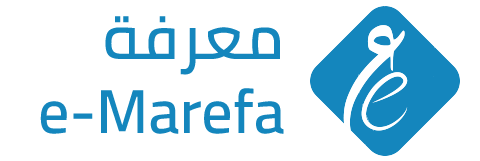Reviewing the Recurrent Restrictions of e-Learning among Palestinian Students: A case study of PAU
DOI:
https://doi.org/10.59994/pau.2023.2.19Keywords:
E-Learning, Autonomous Learning, Mastery Learning, Collaboration, TeamworkAbstract
This study explores the real challenges of e-learning the Palestinian college learners have already encountered while they are having their classes online during and post COVID-19 pandemic. It aims to quantify these pedagogical emerging challenges, acknowledge the strategic plans the students have already developed to face these challenges, and finally qualify the consequences of e-learning on both autonomy and mastery of learning. The study fits into an interdisciplinary field of studies integrating human, social, educational, and technical aspects of learning. It also deals with the interface between theories and modes of learning and methods of teaching. The study applies a qualitative research method through which the fully structured interview is utilized as an instrument. Data is collected from different categories of learners doing their under- and graduate studies at different faculties and programs at Palestine Ahliya University. The data collected is approached critically and analytically from an insider’s perspective in order to unearth the real challenges, prospects, and conclusions of applying an electronic mode of learning on Palestine advanced students during emergencies. It has been found that the real challenges of e-learning are categorized into pedagogical, technical, and ethical ones. Pedagogically, techniques of meaning negotiation, tactics of collaboration, mechanisms of teamwork, and steps of problem solving are all among the shortcomings of e-learning. They are quite poor in the electronic mood -if compared to the outcomings of the traditional one. It has also been found that the e-learning mode is superior in achieving both notions of autonomous and mastery learning. Consequently, it has been suggested that the electronic platform used at PAU should be exploited properly to add certain activities and resources that can scaffold learners’ self-sufficiency and proficiency.
Actually, both researchers hope that their study contributes to the literature of e-Learning, in general and that of e-Learning and blended learning during and post international crises, in particular.
Downloads

Downloads
Published
How to Cite
Issue
Section
License
Copyright (c) 2023 Journal of Palestine Ahliya University for Research and Studies

This work is licensed under a Creative Commons Attribution 4.0 International License.
مجلة جامعة فلسطين الاهلية للبحوث والدراسات تعتمد رخصة نَسب المُصنَّف 4.0 دولي (CC BY 4.0)











